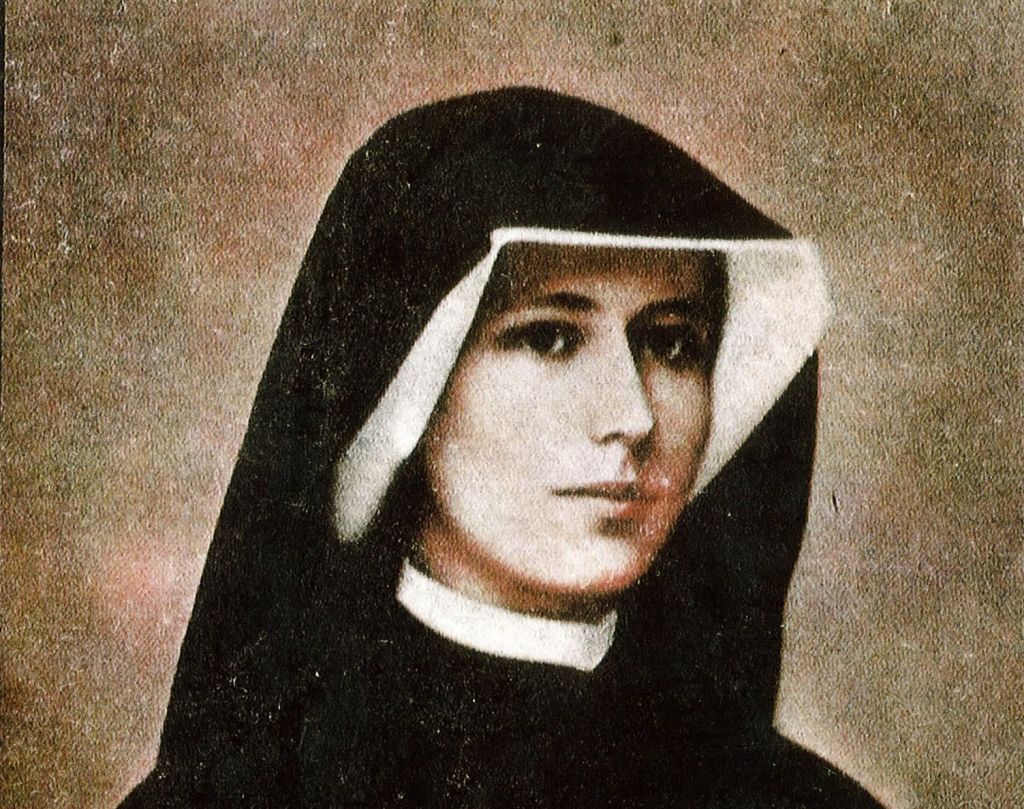Real Lives: A Nun’s Story
You see them everywhere you go in Krakow. Strolling across the market square, leaving Biedronka laden with shopping, riding the tram. They are completely indistinguishable from anybody else – except the outfit. Who? Nuns, of course. One such nun is Maricar Aica Calleja. Originally from the Philippines, she has resided in Krakow for three years. I recently visited the convent to ask her some questions about her life.
Probably one question everyone has about nuns is: what made you decide to become a nun? Maricar had a fascinating story to tell.
“It started when my parents were taken by the rebel army, forcing them to hand over the deeds to our land, otherwise they would kill them. In desperation, my father told me to pray for their salvation. Those words struck me like a sword in my heart. So I prayed; ‘Lord, please save my parents and I promise I will consecrate myself to you, offering myself for your glory.’ After waiting a long time my parents came back home. I realised the importance of those words and now it was my turn to fulfill my promise, even though at that point I had never seen a nun, never mind knew what they did. I entered the convent – the Congregation Daughters of Our Lady on Mount Calvary – in May 1993. I was 17 years old. Seeing those sisters in front of me I felt faint but I needed to face all the consequences without giving up, for my parents’ sake. In May 1996 I made my temporary vow – like a period of engagement for six years – followed by the perpetual vow, which makes you Christ’s spouse forever. Before receiving my temporary profession the Holy Spirit made me understand it was God’s plan – using my parents’ situation – to answer His voice, calling me to fulfill His mission of salvation.”
But what do nuns actually do all day? I confess, before this interview I was woefully ignorant.
“Every day we get up at 5:30am. We have morning prayer, then attend Mass. It is one of our rules to first nourish our soul before we begin the day. During the day we take on many different roles: teaching, playing music, cooking, laundry, administration. Each nun has their own mission. We are also entrusted specific tasks when needed: now I’m working on a translation. At some point we have allotted time for personal prayer, when we develop our own relationship with God. I call it ‘a vitamin for my soul’: creating a sort of intimacy between myself and Him, which is fundamental to my spiritual well-being. At 6.00pm we gather together for evening prayer, giving thanks for all the blessings received throughout the day.”
My final question regarded the fact that Maricar is from a culture which is far removed from that of Poland’s. Has the difference been a problem?
“In Krakow, Catholicism is predominant, like in my country. That makes me feel comfortable living here, that I can profess my faith with them.”


Women who elect to join a community of Catholic religious do so and become “servant leaders” to the world. Such is their freedom of choice to the benefit of humanity. It would have been informative to write about the specific works these nuns do to add to the daily lives of the disenfranchised humans in their geographical locations. Also, does anyone know actually how many religious orders for women exist in Poland at this time? These nuns, truly 21st century women, live powerful lives, albeit quiet, but powerful.
Bravo…they lead powerful lives indeed!
I’m a Christian American. Grew up Catholic and was surrounded by nuns until the 9th grade. So I think I have a good idea about the life style of nuns – at least here. We’re very secular in the States. I find it interesting that there’s no discussion as to the function of the nun in society. In other words the column just launched into we see nuns all around, this what they do, prayer takes up a good portion of their lives, etc. The first question a secular American would ask is are you nuts? You’re really you going to spend your life serving a God you can not see? As for me I hope Poland will continue to be a culture where discussion of Jesus Christ centers on his divinity and not whether he exists.